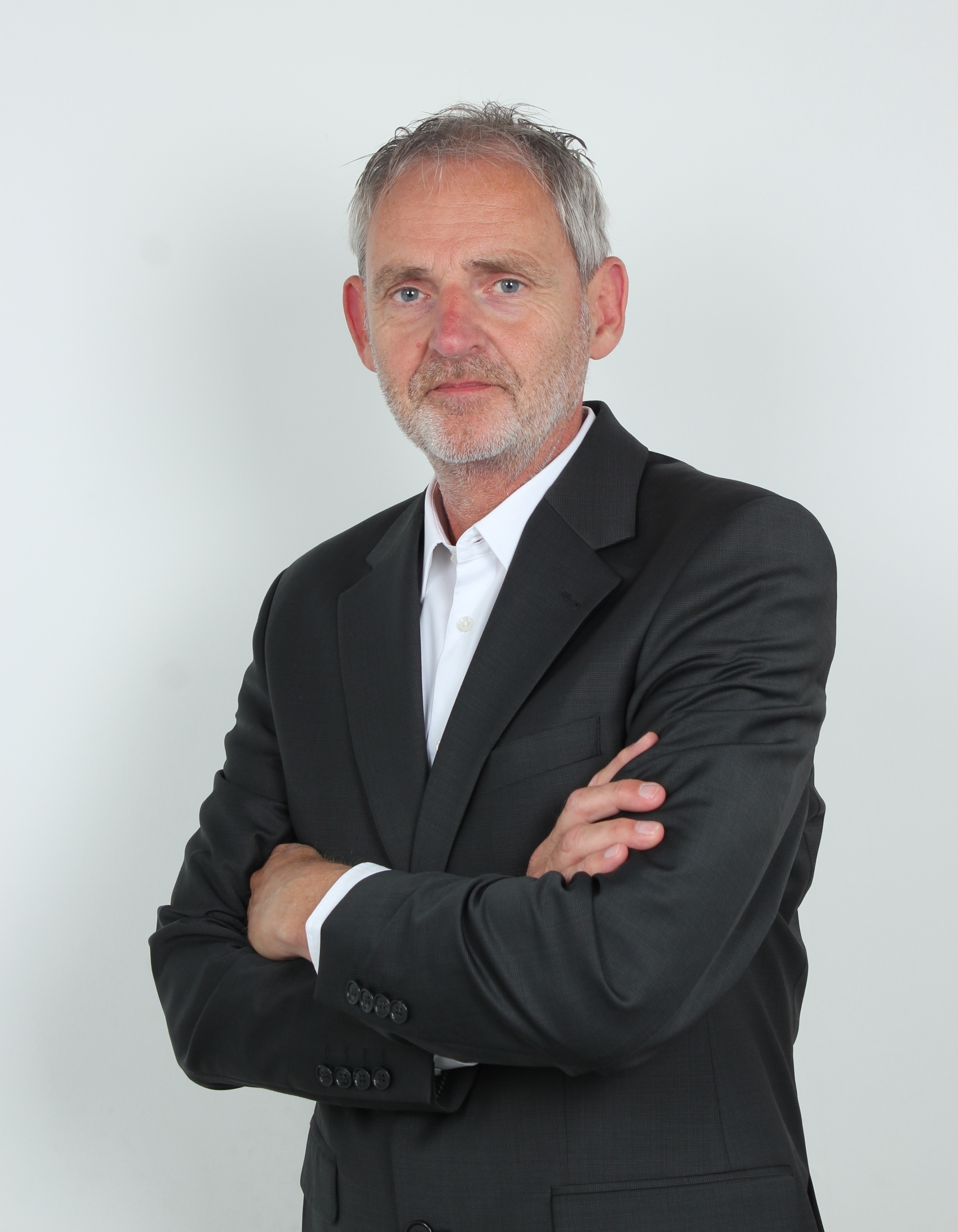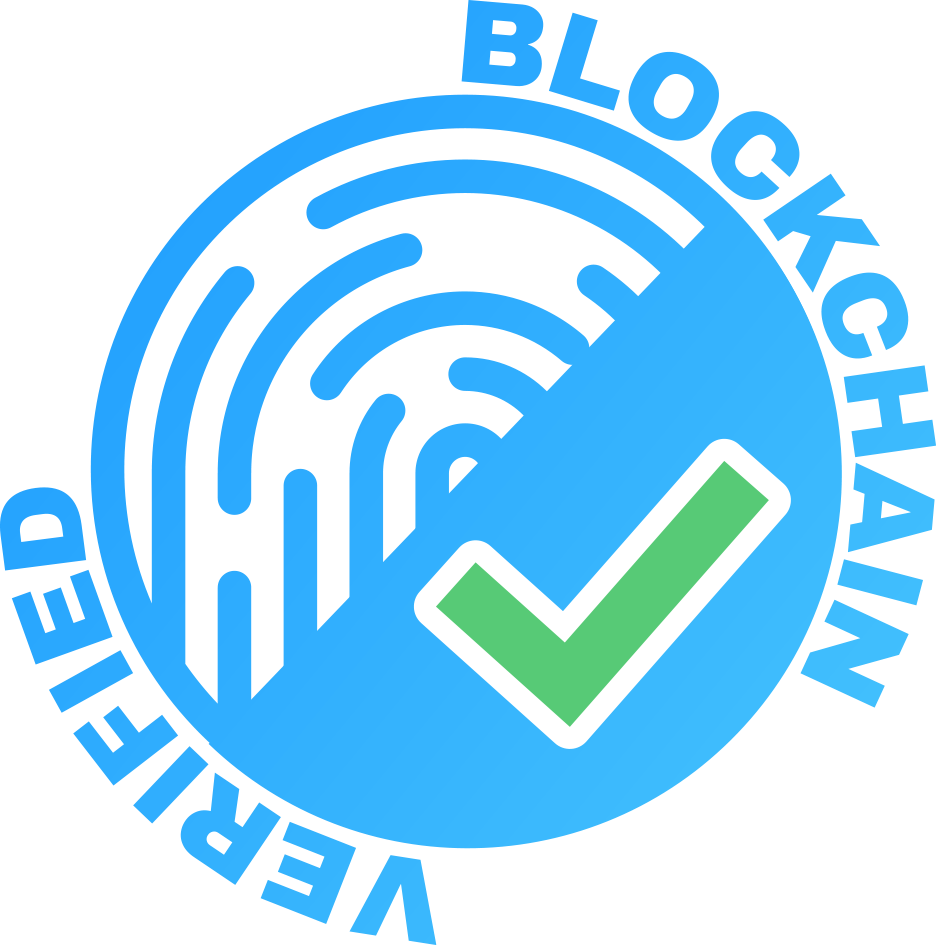As the Internet of Things (IoT) expands globally, ensuring compliance with Radio Frequency (RF) regulations is critical for manufacturers looking to launch devices across multiple regions. Each country has its own standards for RF approval, documentation, language requirements, and testing protocols. While some countries accept foreign reports through Mutual Recognition Agreements (MRA), others require in-country testing.
This guide breaks down RF approval requirements in key global markets, including the U.S., EU, Japan, Brazil, Canada, and more. It covers whether foreign reports are accepted, the documentation needed, language requirements, and in-country testing obligations. This blog is a follow up on our NB-IOT blog.
1. United States (FCC Certification)
The Federal Communications Commission (FCC) regulates RF devices under FCC Part 15, covering devices like Wi-Fi and Bluetooth. Compliance with FCC standards is required to sell IoT devices in the U.S.. Read more.
- Documentation Required:
- Test Reports: Must come from FCC-recognized laboratories or foreign labs under MRA agreements. These reports demonstrate compliance with EMI and RF exposure limits.
- User Manuals: Must include detailed instructions, particularly on RF exposure safety.
- Schematics and Block Diagrams: Detailed technical descriptions of the device’s internal design.
- In-country Testing: Not required.
- Acceptance of Foreign Reports: Yes, under MRA agreements with the EU, Japan, and other regions.
- Language Requirements: Documentation and user manuals can be in English.
2. Japan (MIC Certification)
Japan’s Ministry of Internal Affairs and Communications (MIC) oversees RF certification, ensuring that IoT devices meet local wireless regulations. Through MRA agreements with the U.S. and EU, Japan accepts foreign test reports, minimizing duplicate testing.
- Documentation Required:
- Test Reports: From MIC-accredited labs or those under MRA with the U.S., EU or other regions.
- Technical Specifications: Including schematics and circuit diagrams.
- User Manuals: Operational and installation guidelines to ensure compliance with RF limits.
- In-country Testing: Not required.
- Acceptance of Foreign Reports: Yes, from the U.S. and EU, or other regions MRA.
- Language Requirements: English documentation is accepted, but Japanese may be needed for user-facing documents.
3. Brazil (ANATEL Certification)
In Brazil, the Agência Nacional de Telecomunicações (ANATEL) enforces strict RF compliance rules. In-country testing is required, and foreign reports are generally not accepted.
- Documentation Required:
- Test Reports: Must be conducted in ANATEL-accredited labs in Brazil.
- Technical Specifications: Including RF performance data, schematics, and diagrams.
- User Manuals: Must be in Portuguese, with detailed operating instructions.
- In-country Testing: Required.
- Acceptance of Foreign Reports: No.
- Language Requirements: All documentation, including manuals, must be in Portuguese.
4. European Union (RED Directive)
The Radio Equipment Directive (RED) outlines RF compliance rules across the EU. Devices must display the CE marking, signifying that they meet health, safety, and environmental standards.
- Documentation Required:
- Test Reports: Advised should be issued by ISO/IEC 17025-accredited labs.
- Technical Construction File (TCF): Detailed product schematics, compliance reports, and design information.
- User Manuals: Must include installation instructions and guidance on RF emissions.
- In-country Testing: Not required.
- Acceptance of Foreign Reports: Yes.
- Language Requirements: Documentation must be in the local language of the EU country where the product is sold.
5. Canada (ISED Certification)
Canada’s Innovation, Science, and Economic Development (ISED) regulates RF compliance. Like the U.S., Canada has signed MRA agreements, allowing the acceptance of foreign test reports from FCC and EU dessignated labs.
- Documentation Required:
- Test Reports: From ISED-accredited labs or those recognized under the MRA with the U.S. and EU or other regions.
- User Manuals: Must be bilingual (English and French), with instructions on installation and RF safety.
- Technical Specifications: Must include detailed schematics, block diagrams, and compliance data.
- In-country Testing: Not required.
- Acceptance of Foreign Reports: Yes, under MRA.
- Language Requirements: English and French labeling and manuals are mandatory.
6. South Korea (KC Certification)
South Korea’s Korea Communications Commission (KCC) requires KC certification for RF devices, with in-country testing being mandatory.
- Documentation Required:
- Test Reports: Must come from KCC-accredited labs.
- Technical Files: Detailed schematics and technical data.
- User Manuals: Must include installation and safety guidelines.
- In-country Testing: Required.
- Acceptance of Foreign Reports: No.
- Language Requirements: All documentation, including manuals, must be in Korean.
7. China (SRRC Certification)
The State Radio Regulation of China (SRRC) oversees RF approvals. In-country testing is required, and foreign reports are not accepted.
- Documentation Required:
- Test Reports: Must come from SRRC-accredited labs.
- Technical Specifications: Including block diagrams and detailed product descriptions.
- User Manuals: Must ensure compliance with Chinese RF standards.
- In-country Testing: Required.
- Acceptance of Foreign Reports: No.
- Language Requirements: All documents must be in Simplified Chinese.
8. India (WPC ETA Certification)
India’s Wireless Planning and Coordination (WPC) regulates RF device approvals. Devices operating on unlicensed bands do not require in-country testing, but those using licensed bands do.
- Documentation Required:
- Test Reports: Foreign reports are accepted for unlicensed bands; licensed bands require local testing.
- Technical Specifications: RF compliance data, schematics, and product designs.
- User Manuals: Installation and operational guidelines.
- In-country Testing: Required for licensed bands.
- Acceptance of Foreign Reports: Yes, for unlicensed bands.
- Language Requirements: Documentation can be in English.
9. South Africa (ICASA Certification)
The Independent Communications Authority of South Africa (ICASA) regulates RF devices. Foreign reports are accepted if they comply with local standards.
- Documentation Required:
- Test Reports: Foreign reports from EU and U.S. labs are accepted.
- User Manuals: Must include RF compliance guidelines.
- Technical Specifications: Detailed schematics and technical data.
- In-country Testing: Not required.
- Acceptance of Foreign Reports: Yes, if they meet South African standards.
- Language Requirements: Documentation and manuals can be in English.
10. Australia (ACMA Compliance)
Australia’s Australian Communications and Media Authority (ACMA) manages RF device approvals. Foreign reports are accepted from recognized labs in the U.S. and EU.
- Documentation Required:
- Test Reports: From ACMA-accredited labs or foreign labs accredited labs.
- Technical Specifications: Schematics and block diagrams.
- User Manuals: Must provide operational guidance and RF compliance information.
- In-country Testing: Not required.
- Acceptance of Foreign Reports: Yes, from U.S. and EU labs when meeting australian standars.
- Language Requirements: Documentation can be submitted in English.
11. Taiwan (NCC and BSMI Certification)
In Taiwan, RF devices must be certified by both the National Communications Commission (NCC) and the Bureau of Standards, Metrology, and Inspection (BSMI).
- Documentation Required:
- Test Reports: Must be from NCC-accredited labs.
- Technical Files: Including block diagrams and technical schematics.
- User Manuals: Must explain device usage and compliance with Taiwan’s RF regulations.
- In-country Testing: Required.
- Acceptance of Foreign Reports: No.
- Language Requirements: Documentation must be in Traditional Chinese.
Leveraging Modular Certification for Compliance
Modular certification allows manufacturers to integrate pre-certified RF modules into their devices, streamlining the compliance process in regions such as the U.S., Canada, and EU. However, additional testing may be required in Brazil, China, and South Korea, even for modular components.
Best Practices for Global RF Compliance
Understanding Best Practices for Streamlining Global RF Compliance.
Understanding the global RF approval requirements is crucial for manufacturers aiming to enter international markets with IoT devices. Each region has its own rules regarding testing, documentation, and language. Here’s how manufacturers can ensure they meet all necessary standards:
- Stay Updated on Local Regulations: Each market has different RF standards, so staying informed on the latest changes in the U.S., EU, Japan, Brazil, China, and other key regions is critical.
- Use Modular Certification: Leverage pre-certified RF modules when possible to simplify approval processes in regions like the U.S., EU, and Canada.
- Understand Language Requirements: Ensure all user manuals and documentation are translated into the local language where required (e.g., Portuguese for Brazil, Traditional Chinese for Taiwan, Korean for South Korea).
- Leverage MRAs: Maximize the use of Mutual Recognition Agreements to avoid redundant testing, especially between major markets like the U.S. and the EU.
How IoT Consulting Partners Can Help with Global RF Approvals
Navigating the complexities of global RF approvals can be daunting for manufacturers. IoT Consulting Partners specializes in simplifying this process, ensuring efficient and smooth market entry worldwide. Here’s how we can help:
- End-to-End Compliance Support: We guide you through the RF approval process in key markets, including the U.S., EU, Brazil, Japan, and more.
- Documentation and Language Compliance: We ensure all technical files and user manuals meet local language requirements, such as bilingual manuals for Canada and Portuguese documentation for Brazil.
- In-Country Testing Facilitation: For markets requiring in-country testing (e.g., Brazil, China, and South Korea), we coordinate with accredited labs to ensure compliance with local RF standards.
- Modular Certification Assistance: We help you integrate pre-certified RF modules, particularly for markets like the U.S., Canada, and the EU, to streamline the approval process.
- Global Compliance Strategy Development: We work with you to develop a compliance strategy that aligns with your market goals, ensuring that your products meet regulatory requirements efficiently.
By partnering with IoT Consulting Partners, manufacturers gain access to experienced professionals who can navigate the complexities of RF approvals, minimize delays, and ensure global compliance for your IoT devices.

|
Do You Have Questions? Schedule a Free Consultation Now! |

|


